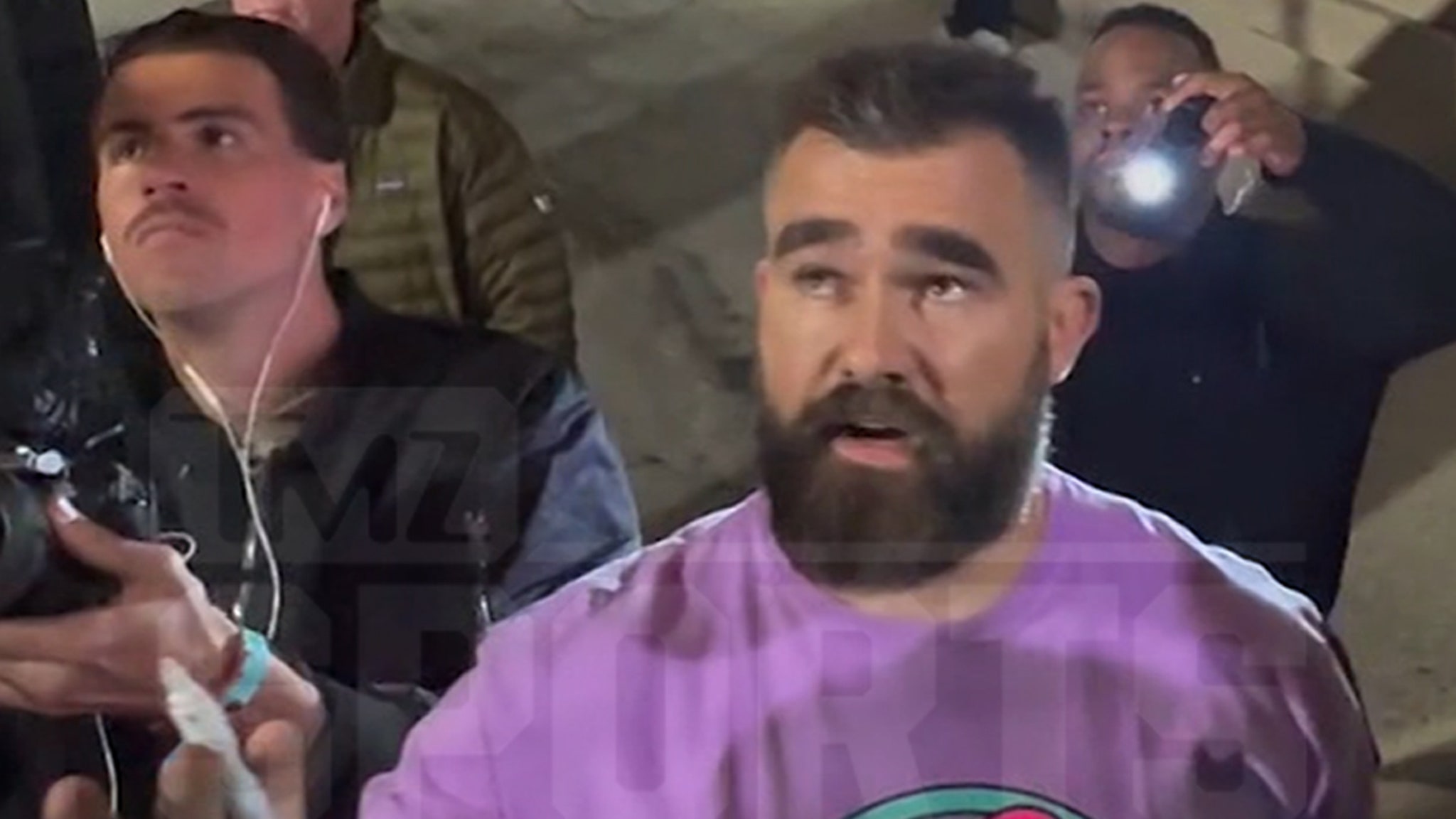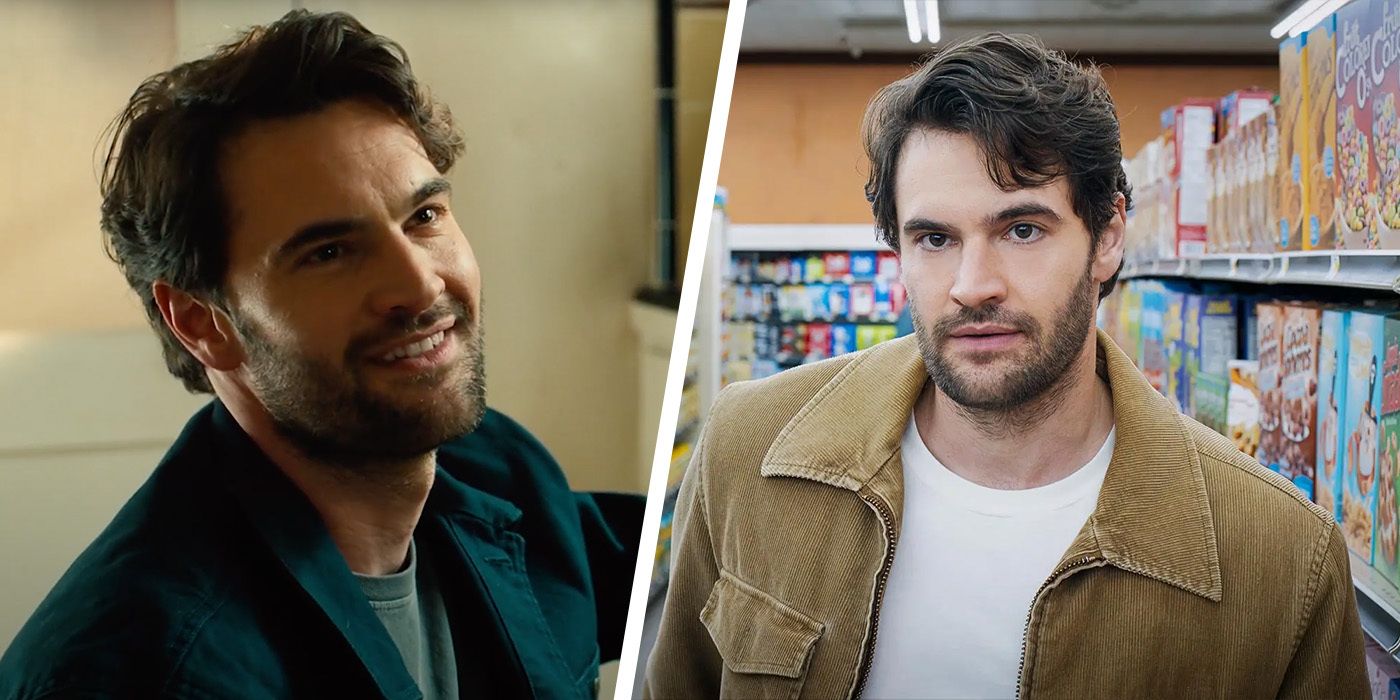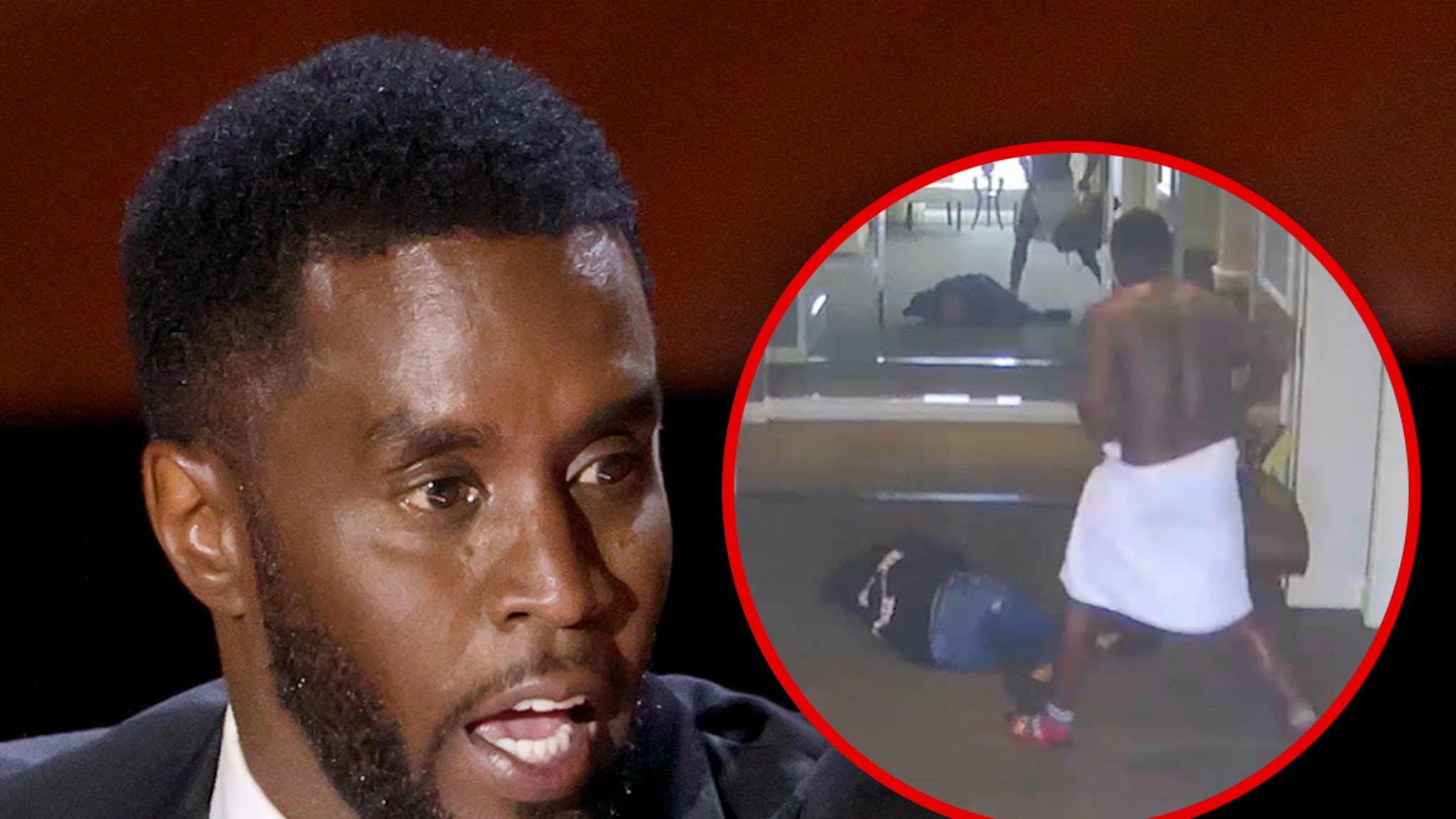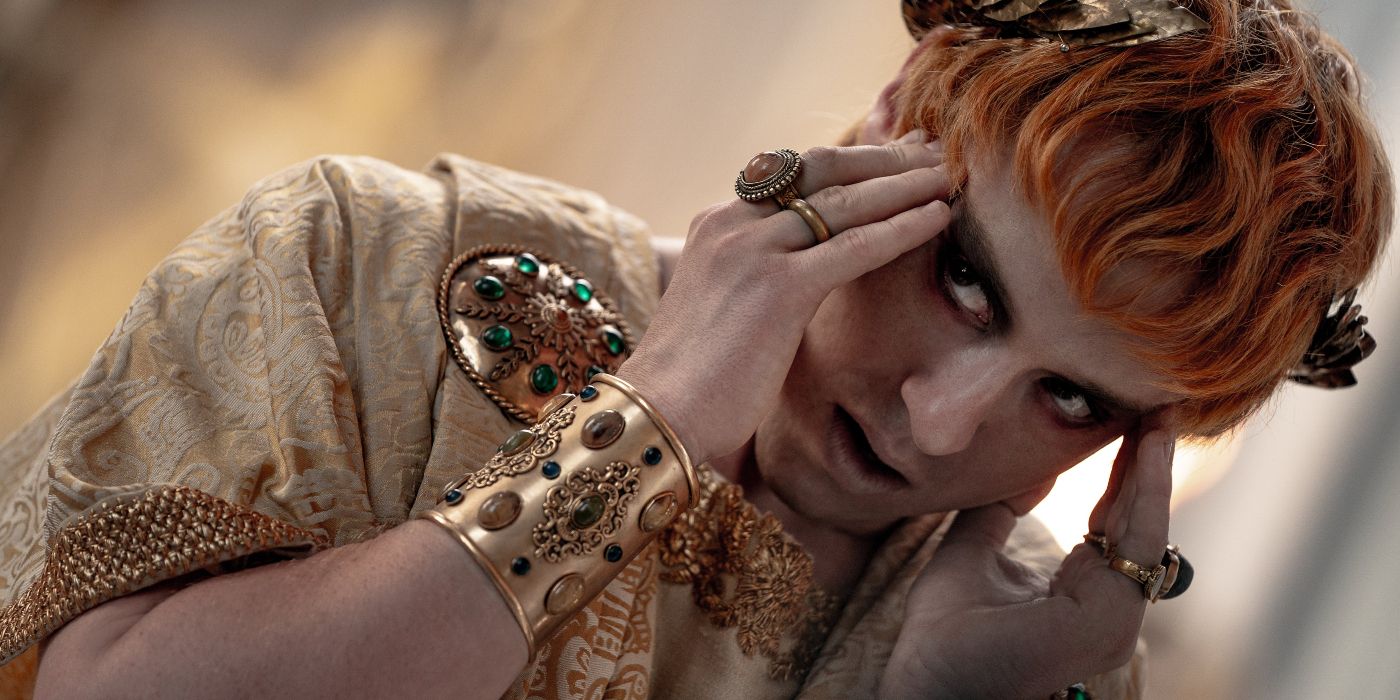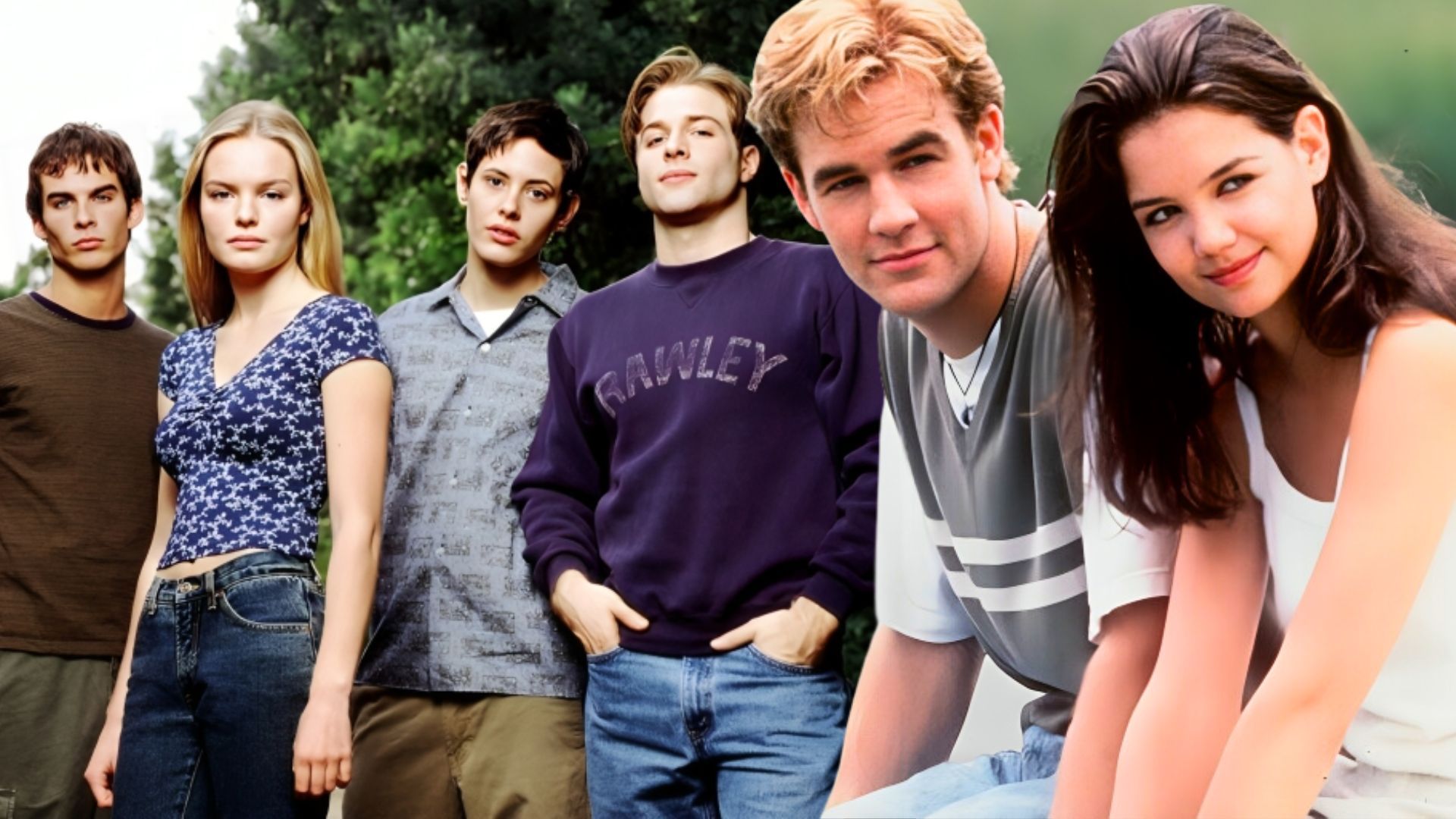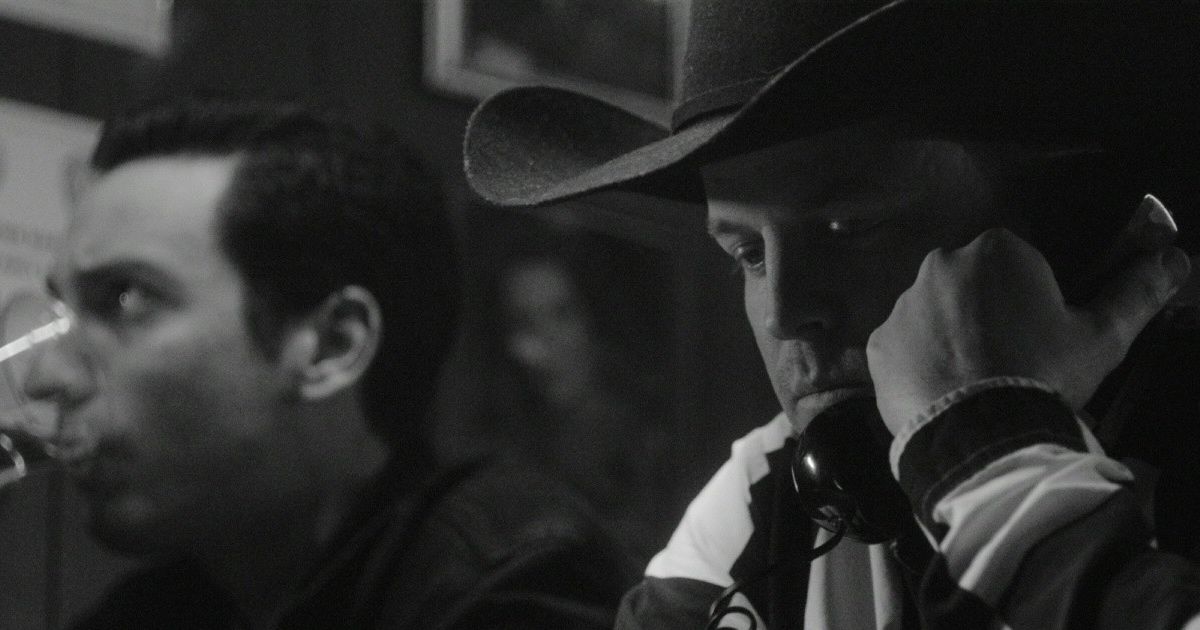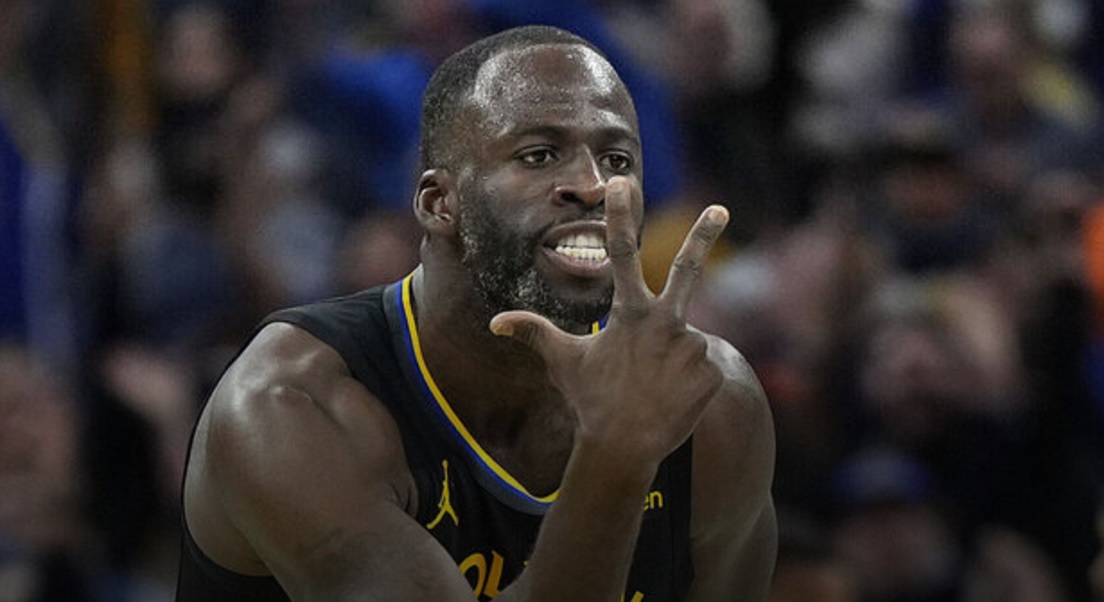A plot line about this “Weird Al” wanting to then only write original songs is especially inspired, as Yankovic has countless gems that are highly literate parodies of a band’s entire discography—they just don’t play on the radio. In this version, “Weird Al” believes that only original songs will make people take him seriously as an artist. It requires retconning of all of pop music history for this movie to make that possible.
The script is full of such amazing fakeouts and downplays, and instead of losing momentum by feeling like it’s just stretching its “Funny or Die” skit origins, its plotting often zig-zags and then goes turbo on a bit for 10 minutes. “Weird” beats the accusation of being “a feature-length version of a skit” by not trying to play the more formal narrative game that has undone countless “Saturday Night Live” movies and made that phrase a modern diss. And its editing, with rhythms inspired by “Airplane!”, builds to incredible pay-offs (a couple including amazing references to something called a “hay boy”). Even its ending is jaw-dropping and laugh-out-loud; it’s one of Yankovic’s most wholesome-extreme jokes he’s ever made. The closing credits had me in tears.
Radcliffe is perfect as Yankovic, starting with the actor’s control of his own artistic image, which has previously allowed him to be as seriously compelling as a farting corpse (“Swiss Army Man“). He completes what makes this parody of Yankovic’s clean-cut image so funny—the vivid innocence that soon turns into a brash arrogance, fueled by the desire to prove himself to his parents and the world. It’s fitting when Radcliffe’s version of Yankovic is thrown into an elaborate action scene that explodes out of nowhere, with Radcliffe’s physicality and game-nature adding to the movie’s overall joke and joy. Radcliffe’s performance is vulgar without violating the anchoring credo that allows Yankovic’s to be wholesome while letting its visual lyrics reach extremes—no cussing.
Throughout, Radcliffe’s musical performances as “Weird Al” are lip-synced by the real Yankovic, a choice that reminds the viewer of why we’re all here: a storyteller whose work is sincere, very silly, respectful that the audience will get the joke, and comfortably unhinged. The darker corners of Yankovic’s style—about macabre delusions, (“Good Old Days”), over-the-top violence (“The Night Santa Went Crazy”), and devastating heartbreak (“You Don’t Love Me Anymore”)—are applied to hilarious set-pieces that often go farther than you expect. Fans, new and longtime, who want a more accurate telling of Yankovic’s story will have to dig up the “Behind the Music” episode about Yankovic, (a collection of anecdotes about his nearly subversive sobriety), or read the work of Yankovic scholars like Nathan Rabin and Lily E. Hirsch.
You can view the original article HERE.
